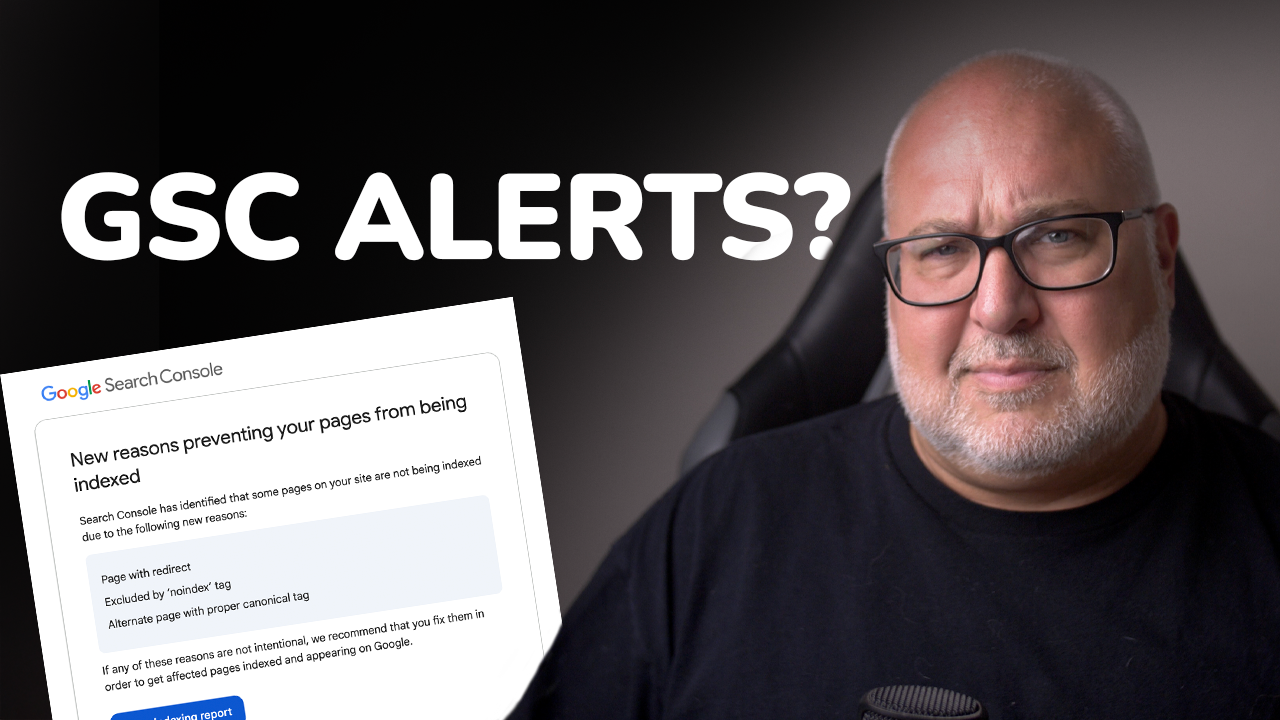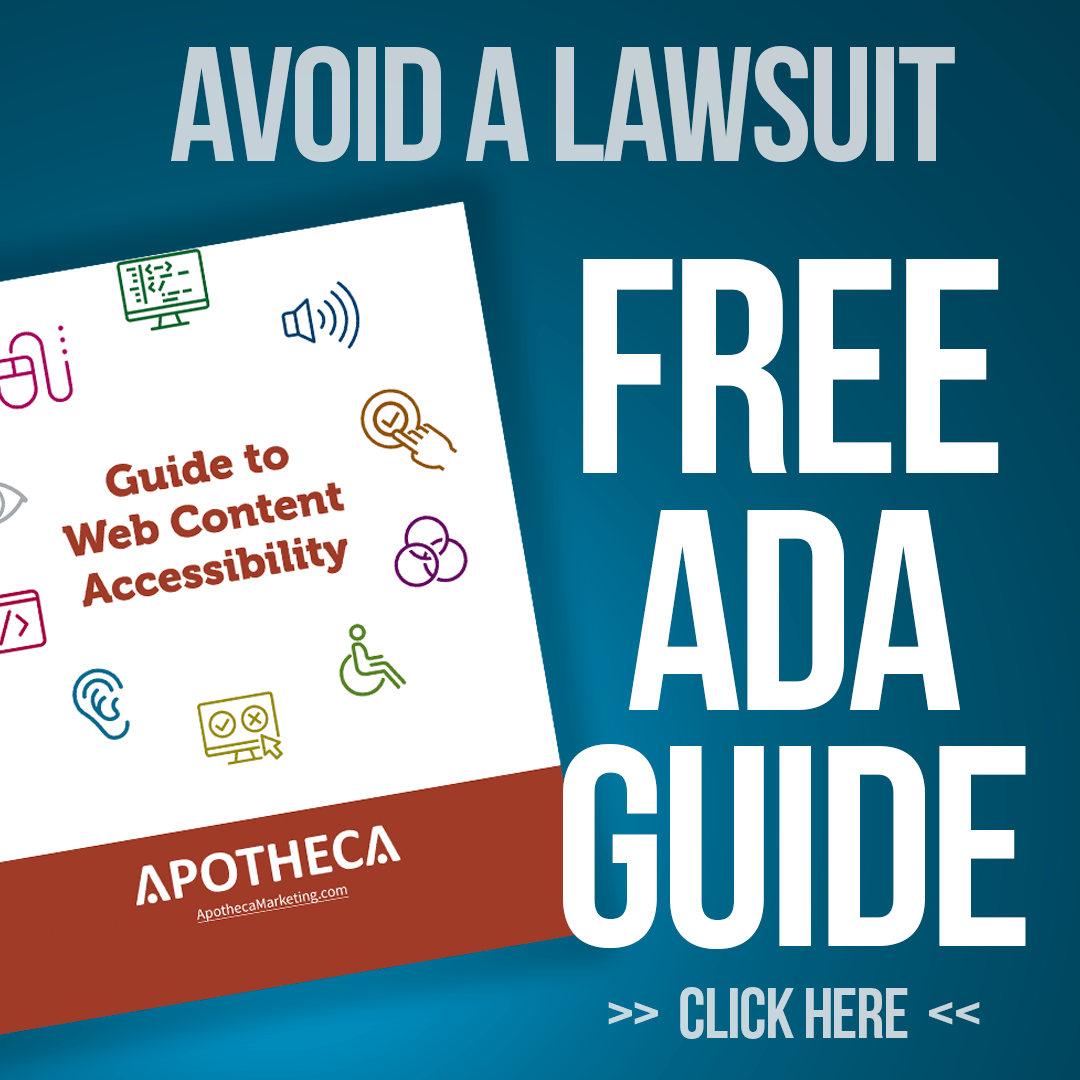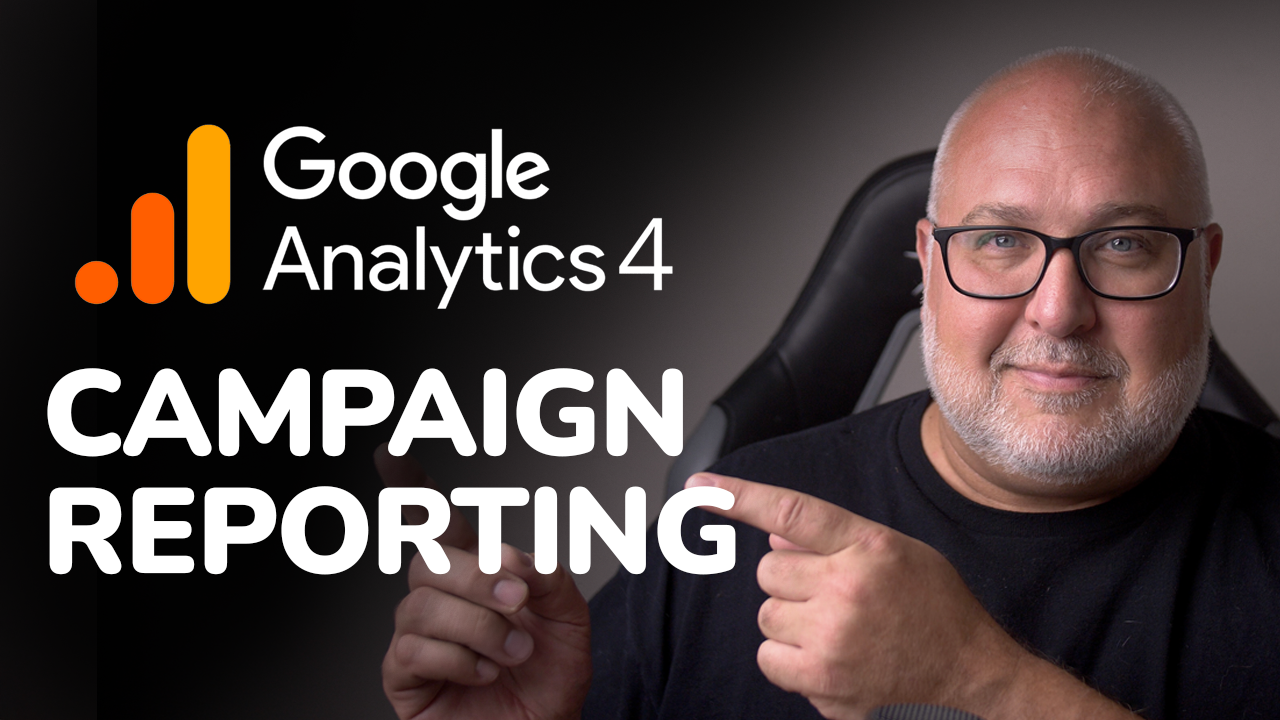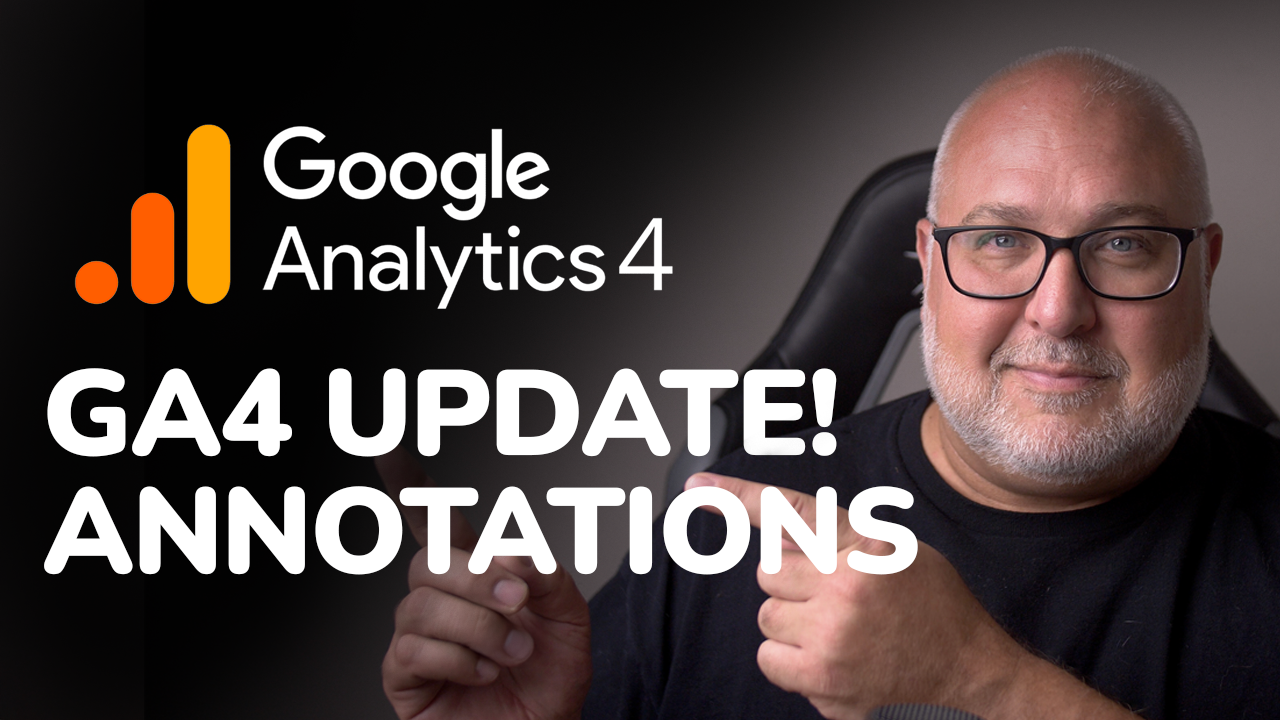SEO for Small Businesses & What To Expect From Your Agency
Roy Bielewicz
Interview about SEO for small businesses and more!
Join us for our discussion with Thomas MacDonald, Southwest Digital Marketing, about SEO for small businesses, recent changes in SEO, and what to expect from your agency when it comes to SEO, PPC, and more.
Need help with SEO or content marketing? How about improving your website? Schedule a free 30 minute consultation with Roy and our team.
Transcript
In a recent discussion between Roy Bielewicz and Thomas MacDonald, key insights into the evolving world of SEO and digital marketing were shared. The conversation covered everything from fundamental SEO practices to the impact of recent Google algorithm changes. Here’s a summary of the key points discussed, perfect for those looking to optimize their online presence.
Roy: So Roy here from Apotheca. We're going to be talking to Thomas. Thomas, what's the name of your company again?
Thomas: Southwest Digital Marketing.
Roy: And Thomas, you guys specialize in a lot of website design and that type of stuff, right?
Thomas: That's correct. And we're moving more and more into marketing services. Basic marketing services.
Changes in SEO
Roy: Great. So, Thomas and I are getting together today to talk a little bit about SEO, some of the changes going on, and some of the best practices for developing your site, launching, replatforming, that kind of thing. So we're going to talk about a little bit of SEO, a little bit about marketing in general, and the ins and outs of agency life.
Thomas, I'm glad you could join me. A lot of people know that there have been some pretty major changes in SEO starting back in March. Google has fundamentally changed how their search results show, impacting a lot of sites that were doing really well, like blogging, recipes, and coupons.
Reddit seems to be doing really well, Forbes and some other main sites are doing really well, and a lot of other sites are being pushed down. That doesn't mean SEO is dead, though. There are still a lot of best practices that we can talk about in more detail.
Thomas: Yeah. So you guys offer a range of services. Is your bread and butter SEO? Is that what you focus on?
Roy: It's one of the big ones. We do both paid search as well as organic search. We do a lot of analytics along with that—analytics implementation, helping people get more from their analytics. We work with Google Analytics, Adobe Analytics, and the Adobe suite of products, mainly for our enterprise clients. Especially since they switched to GA4, we've been helping a lot of clients navigate those waters. GA4 is a completely different platform with a lot of changes in data definitions and such. So, navigating the analytics waters and helping clients with that is tied in with our other services. You can't operate an SEO program or a paid search program or a social media program without good data.
The Importance of SEO for Businesses
Thomas: I guess you'll have to treat me like a golden retriever when we're talking about this stuff. I've been in the web development game for a while, but I like to hear the fundamentals again and again. My primary clients right now are bookkeepers. So, why would SEO be a good investment of marketing funds?
Roy: Well, essentially it's free, but not really free. You do have to make an investment in your ongoing SEO program, developing content, and making sure your site is optimized for SEO.
SEO has really expanded. It used to be about how you show up on Google, but it's more than that now. It's optimizing your site, content, and listings to show up in search. That could be on YouTube, optimizing your YouTube videos and content, or optimizing your directory listings for Yelp, Google Business Profiles, etc.
Even if you don't have a great website, you can still optimize for search engines to make sure you show up. It's about being active on those platforms and getting your brand out there. It's important to show up because people are actively looking for your service on search, unlike passive advertising on social media where you're hoping someone interested in your business sees your ads. In search, they're actively looking for you, much further down the funnel, ready to purchase your services.
The Scope of SEO and Marketing Services
Thomas: There's so much to talk about, isn't there? Let's talk about search in general, which is exciting to me because I enjoy the creative process. Search across different channels and the ways people are searching for things is interesting. It's fun. It's the fun part of marketing—figuring out where there's an opportunity to access folks looking for my clients in different ways.
Roy: Yeah, it's more than just search engines now. People's behavior changes over time. YouTube, for instance, is the second largest search engine. TikTok is increasingly a search engine for younger generations. They might not even go to Google; they just look on TikTok.
It's concerning because who's moderating that content? It's not necessarily the best, most accurate information. The future of search is probably going to be more dependent on AI. There's talk about ChatGPT having its own search engine, and Google is responding with their Gemini program. So, it's more than just Google now.
Choosing the Right Search Engine
Thomas: How do you choose which search engine to target for your clients?
Roy: It depends on their audience, content, and products. For retail companies, it's a combination. We do a lot of work with e-commerce companies. Google Shopping has become predominant, so making sure you show up there is crucial. People also do a lot of shopping on TikTok and Instagram. It depends on budget and products. For younger demographics, you might focus more on TikTok, but you still want to appear on Google as much as possible.
Investment in Search vs. Paid Ads
Thomas: How does the investment in search compare to running paid ads for those types of clients?
Roy: It's not necessarily about the investment. There's synergy between paid and organic ads. If you're appearing in both paid and organic search, you're more likely to get clicks in your organic listing. Paid search offers quick results, but organic search is a long game. It may take six months to a year to see results. Both running at the same time are synergistic with each other.
Strategies for Smaller Businesses
Thomas: What is the difference in the way a mid-sized business should look at SEO versus a smaller business just starting out?
Roy: The approach is similar, but it depends on budget and what they can do themselves. For smaller companies, we can provide recommendations and best practices for content development if they can't afford full services.
Larger companies with bigger budgets and internal teams have more complex programs. But best practices remain the same—develop content, ensure sitemaps work correctly, add alt tags to images, etc.
Thomas: Is it possible for mom-and-pop shops to compete with larger companies in SEO?
Roy: It's increasingly difficult, especially with recent Google changes. Nationally, it's tough to compete with Amazon or Walmart. But for local searches like "bookkeeper near me," you can compete by developing local content and optimizing Google Business Profiles.
Content Creation and AI Tools
Thomas: Content creation seems like a big opportunity. Do you see much use of AI tools for content creation?
Roy: It's possible but not recommended to rely solely on AI. It helps as a baseline but requires human editing for tone and accuracy. Google's clear that they don't want content that's just a reiteration of what's already out there. Unique content tailored to your experience is key.
The Role of Analytics
Thomas: Talk to me about the role of analytics in a team environment.
Roy: Data is exceptionally important. Ensuring clients have the right tools to leverage data is crucial. We recommend tools like BigQuery for extensive data analysis. Building dashboards in Looker Studio helps consolidate data from Google Analytics, Google Ads, and Search Console, providing a comprehensive overview to improve both paid and organic search efforts.
Managing Multiple Locations
Thomas: Is managing online presence for multiple locations complex?
Roy: Yes, it can be a nightmare to manage reputation and ensure correct information across multiple locations. Responding to every review, positive or negative, is crucial. For companies with multiple locations, it’s often best to have an agency help manage this to maintain professionalism and consistency.
Conclusion
Thomas: What kind of customers and clients is Apotheca looking for right now?
Roy: We work with a variety of clients, from small businesses to large enterprises. We’ve been moving more into e-commerce as it's less impacted by SEO changes. We also help clients who have had bad experiences with other agencies, offering updated best practices and strategies to adapt to changes in Google's algorithms.
Thomas: If someone wants to reach out to you for services, how can they do that?
Roy: The easiest way is through our website. They can book a free 30 minute consultation.
Contact Us





